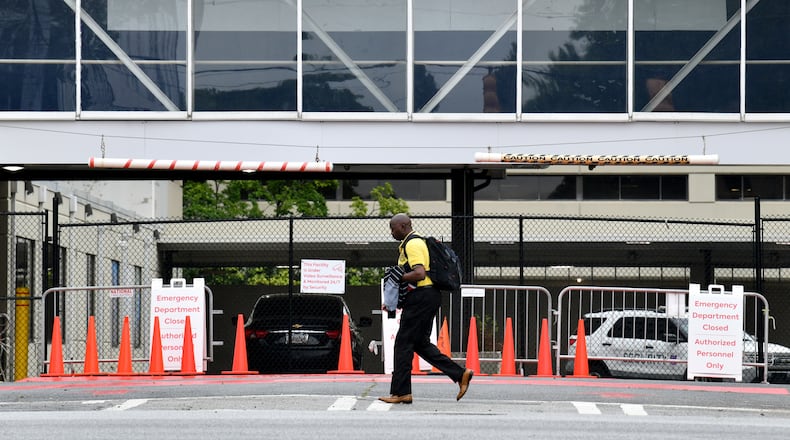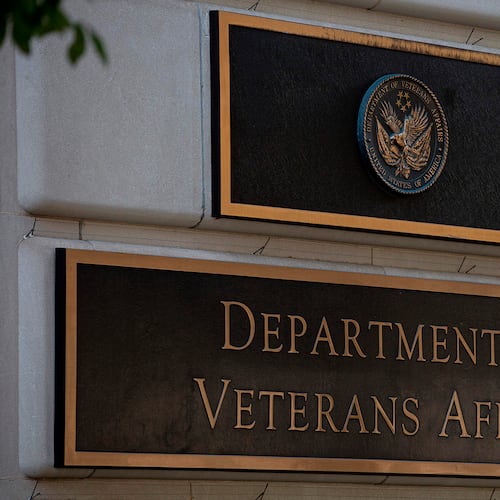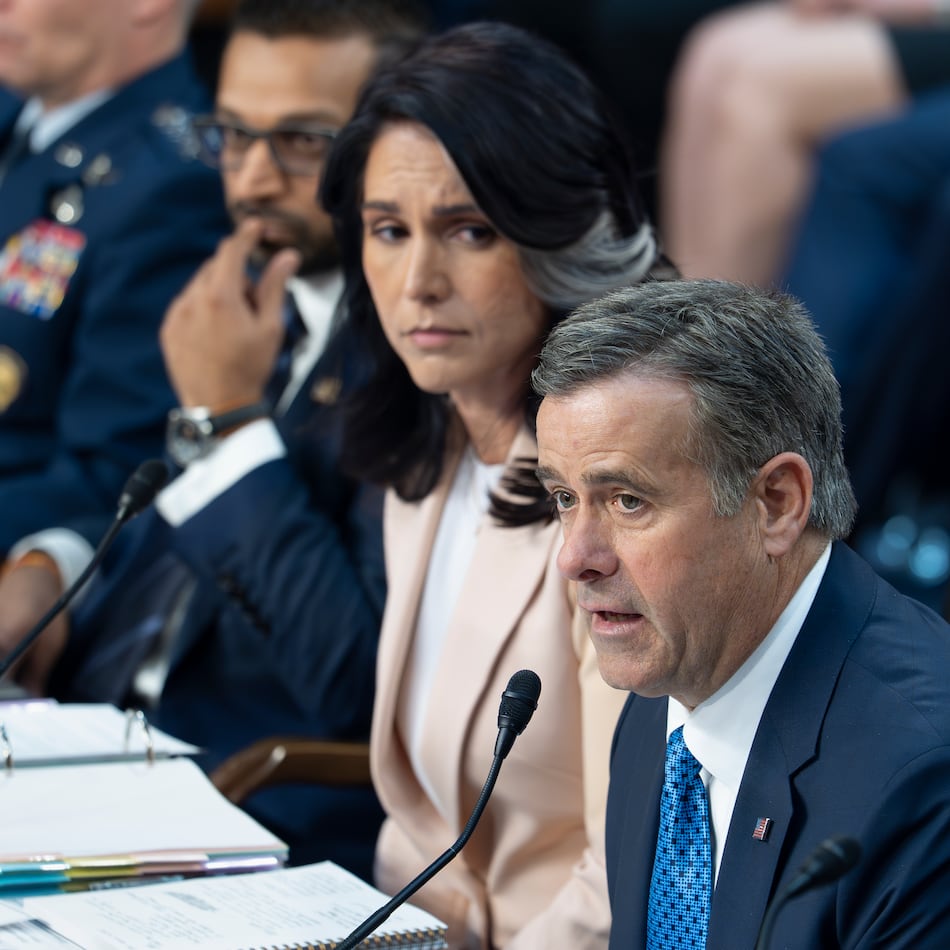The vacated Atlanta Medical Center campus will remain closed off to developers for the next four months, after the Atlanta City Council voted Monday to extend a moratorium on new development at the site.
The legislation, sponsored by council member Michael Julian Bond, cites a desire to update zoning requirements before making further plans for the property. This additional time will ensure that AMC’s future purpose remains “consistent with the character of the surrounding area,” according to the ordinance.
Once a valuable medical resource for thousands of people living in the heart of Atlanta, the 25-acre site has sat empty since Wellstar Health System controversially closed its doors Oct. 14, 2022, citing financial difficulties.
AMC is located within the historically Black Old Fourth Ward district, where around 31% of the population lives in poverty.
Neighboring facilities, such as Grady Memorial Hospital, have extended their resources to absorb patients displaced by the closure. However, experts say many with chronic conditions lost months of routine care in the transition.
Grady now serves as Atlanta’s only Level 1 trauma center for adults.
Three days after AMC’s initial closure, the city approved a zoning moratorium effectively preventing Wellstar from selling or repurposing the property — which has since been renewed twice, in April and November of 2023.
Mayor Andre Dickens issued an executive order May 25 extending a temporary moratorium the day before the legislation was set to expire.
Dickens has previously criticized Wellstar for shutting down the hospital, telling Morehouse School of Medicine’s President and CEO Dr. Valerie Montgomery Rice last August that he was “extremely disappointed with Wellstar as an organization.”
Dickens also said he will focus on increasing health care resources, especially for those in the city’s southside impacted by the shuttered AMC.
Monday’s vote ratified the mayor’s executive order, continuing the freeze for another 120 days, or until the city updates rezoning or planning ordinances for the site. Council adopted the moratorium ordinance along with the rest of the consent agenda. There was no public discussion on the issue.
Atlanta City Councilman Amir Farokhi, who represents the AMC area, said although moratoriums often come from good intentions, they tend to delay progress on parcels that could be used as housing, retail offices, or medical care. He previously voted against the extension in November.
“The sooner we lift the moratorium, I think, the better for the city,” Farokhi said.
This winter, the city worked with Wellstar to use the property’s athletic center as a temporary emergency shelter for the unhoused population. The shelter supported the mayor’s wider initiative to clear encampments of residents living under bridges.
With the extension, the council hopes to amend the Old Fourth Ward master plan and land use maps in the Comprehensive Development Plan, according to the ordinance.
Both Dickens and Farokhi have expressed interest in returning health care services to the property. Farokhi has advocated for mixed-use development that would also provide affordable housing.
Although formerly operating as a hospital, AMC campus contains sections under several distinct zoning ordinances, including community business district, commercial service district and commercial residential district, along with the Beltline overlay district and Beltline affordable workforce housing districts. The Beltline area has seen an intense development boom in the past decade, so AMC’s location would likely make it attractive for outside developers.
Farokhi has proposed a plan to council incorporating community feedback from Old Fourth Ward residents, organizations and business owners sharing visions for AMC. While nonbinding, the information may serve as a guide to future growth and development at the site.
About the Author
Keep Reading
The Latest
Featured




